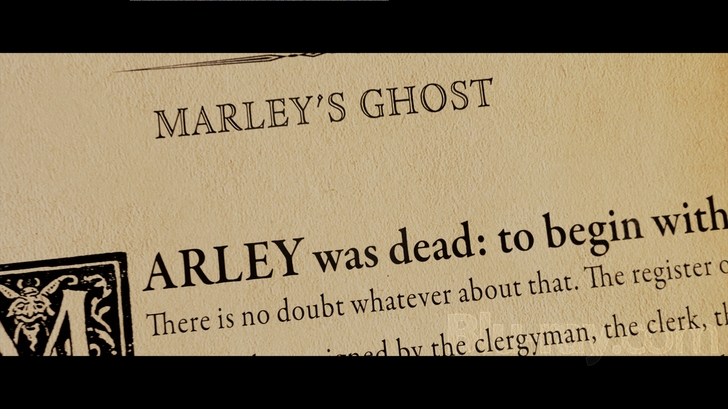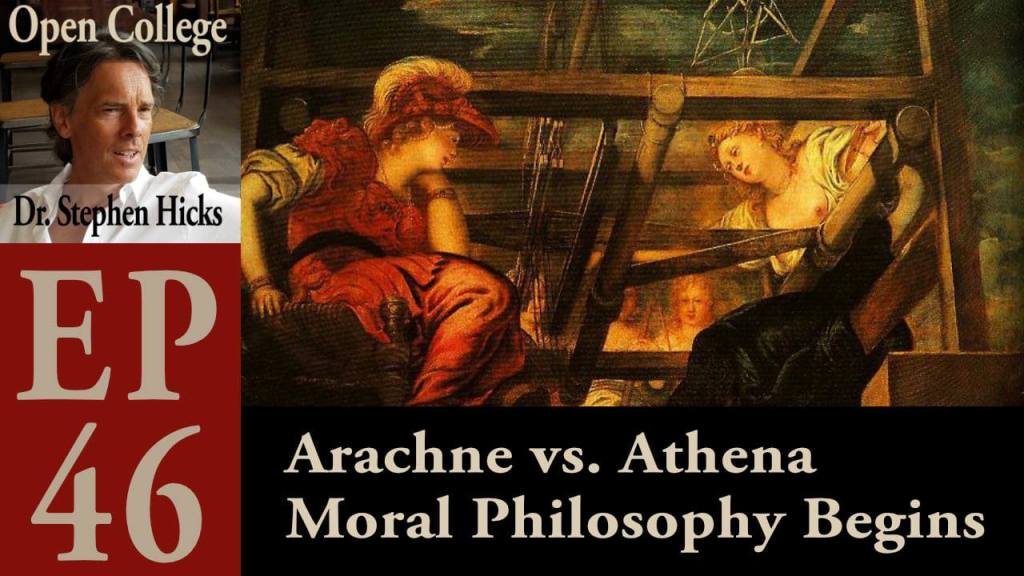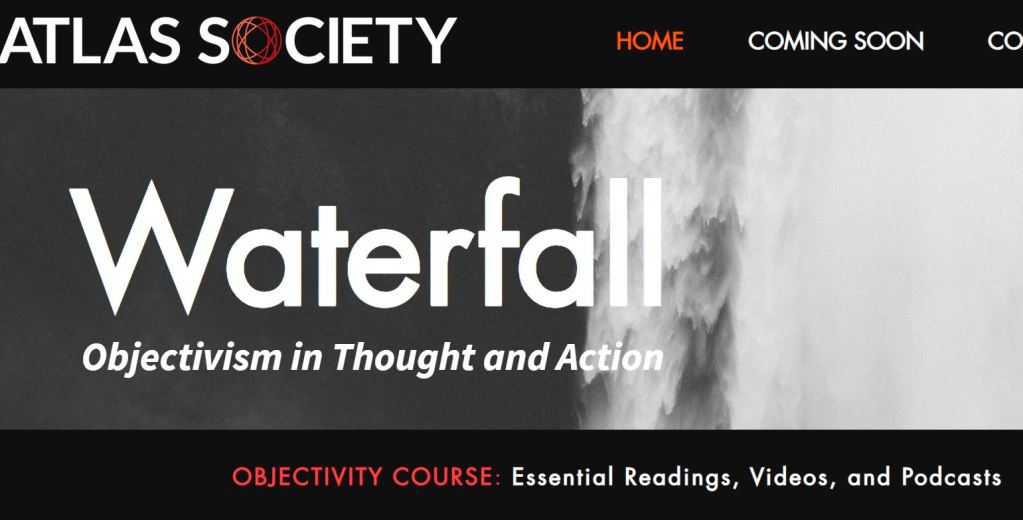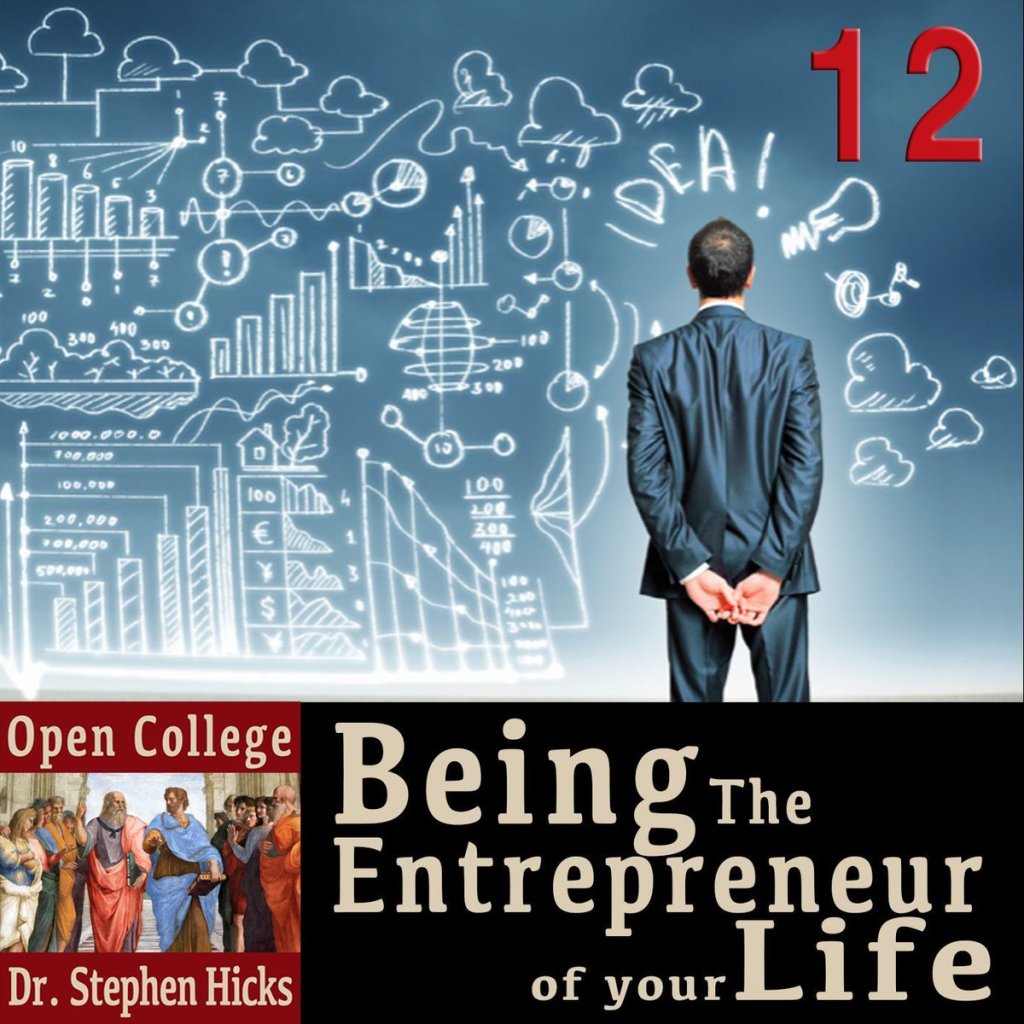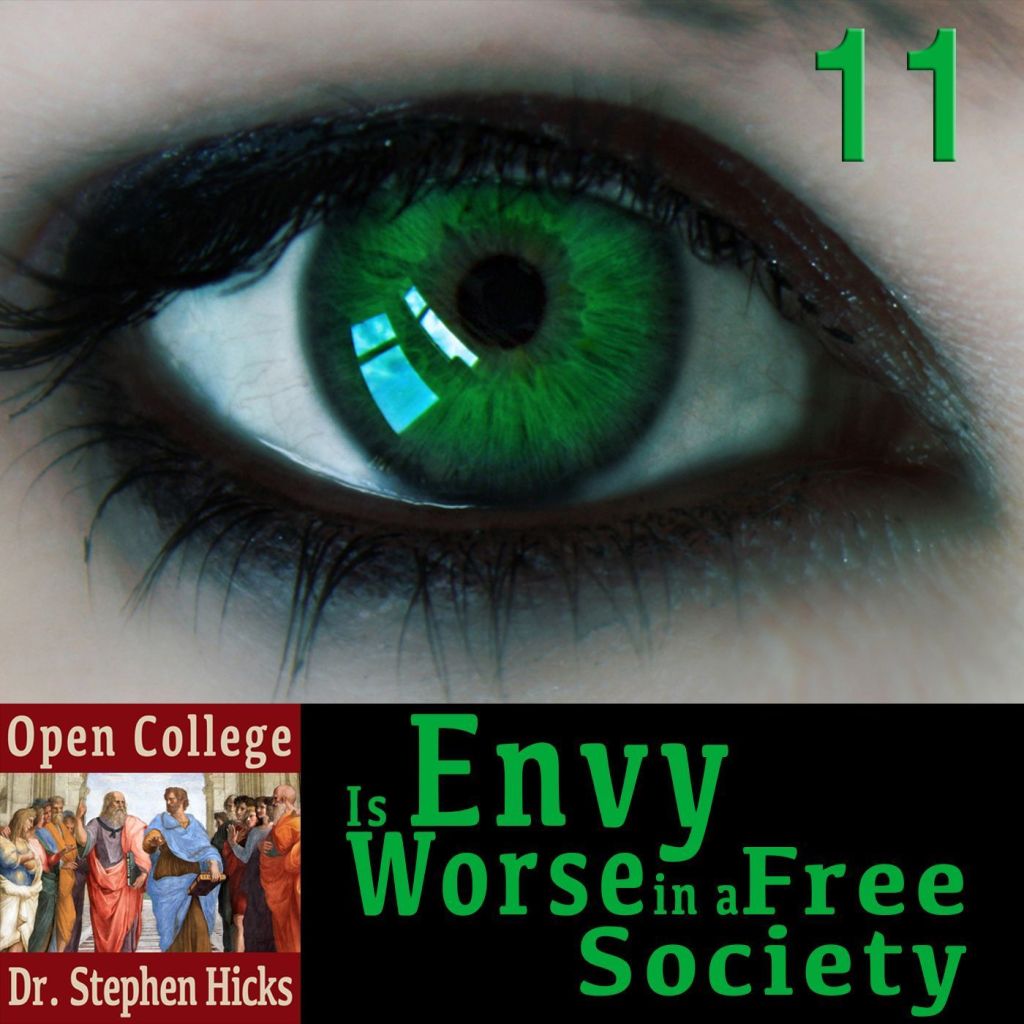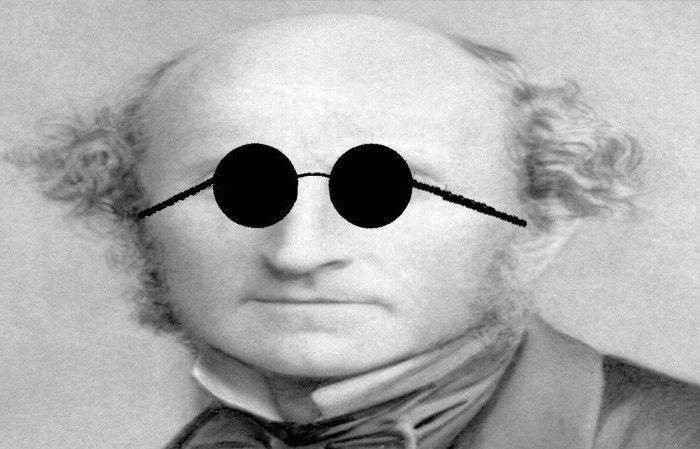Educación Liberal y Sus Críticas Posmodernas
Por Stephen R. C. Hicks, Ph.D. Traducido al Español por Fermin Elizalde, 2020. (Original English.) Stephen R. C. Hicks es Profesor en Filosofía en la Universidad de Rockford. Su libro más reciente es Explicando el Postmodernismo: Escepticismo y Socialismo Desde Rousseau a Foucault (Ockham’s Razor, 2011). Es una obviedad decir que la educación está politizada. […]
Educación Liberal y Sus Críticas Posmodernas Read More »

